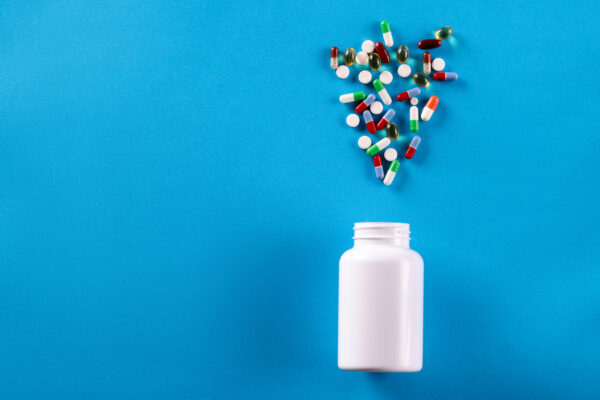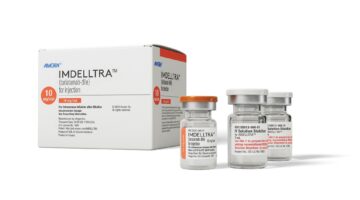
Biopharmaceutical spending on drug research is climbing, even as the projected revenue for those products is falling. Various factors are at fault, but the biggest one is the adjustment the industry is making to a post-pandemic environment, according to consultancy Deloitte.
Projected returns on investment for late-stage pipeline assets rose to a record high in 2021, according to Deloitte. That trend has not continued. While several of those drugs forecast to have high value won regulatory approvals, most notably products for Covid-19, there’s been a gap in late-stage assets to continue the momentum. Projected returns from late-stage assets was projected to be just 1.2% in 2022, the lowest mark in more than decade.

With the Rise of AI, What IP Disputes in Healthcare Are Likely to Emerge?
Munck Wilson Mandala Partner Greg Howison shared his perspective on some of the legal ramifications around AI, IP, connected devices and the data they generate, in response to emailed questions.
The figures come from Deloitte’s 2022 annual report calculating returns on pharmaceutical industry R&D spending. The firm has compiled these reports since 2010, when it analyzed 12 top biopharma companies. In the latest report, that cohort is now 20 companies. Since 2014, Deloitte’s reports show R&D returns have steadily declined. While Covid-19 reversed that trend, the change proved to be temporary.
In 2021, internal rate of return rose to an average 6.8%, a figure driven by the high forecast values for Covid-19 vaccines and therapies as well as one high-value neurological asset. That asset was not named but Biogen Alzheimer’s disease drug Aduhelm fits the description. The report says the neurological asset has “underperformed post-launch and is no longer seeking approval outside the U.S.” Biogen struggled to win over prescribers and payers in the U.S, and the drug’s regulatory path faced an uphill climb in Europe. Last spring, Biogen formally withdrew its application seeking marketing authorization, a move that followed a negative opinion on the drug from a European Medicines Commission committee.
Total R&D spending reached $139.2 billion in 2022, staying close to the $141 billion mark for the prior year. Meanwhile, the cost of developing a new drug rose to $2.3 billion, a nearly $300 million increase over the cost in 2021. Deloitte attributed that increase to cycle of drug development taking longer. The effect that Covid-19 had on speeding up R&D during the pandemic is diminished in a post-pandemic research environment. The average cost to develop an asset from discovery to launch is in line with pre-pandemic levels, the report said.
The declines in the value of assets in late-stage clinical development was attributed in part to projected launch delays of two to three years. Deloitte also noted that negative clinical trial data for two oncology product candidates affects the forecasts for others. Meanwhile, the number of terminated assets doubled to 30 in 2022, a tally that includes six projected blockbuster products.
“Recently, there has been considerable flux in the geopolitical landscape,” the report said. “The resulting cost-of-living crisis, major disruption to global supply chains and high inflation has resulted in pharma companies assessing which assets are resilient to an economic and geopolitical downturn and where they want to prioritize investment into R&D.”
Deloitte also cites the Inflation Reduction Act, which will reduce the cost of certain prescription drugs and establish a $35 a month price cap on insulin covered by Medicare. The new law is affecting R&D investment decisions, resulting in some companies terminating clinical trials of some drug candidates expected to be high priced or high risks, the report said.
One positive outcome from Covid-19 was the acceleration of the digitalization of the industry. The Deloitte report notes that companies are using digital technologies and artificial intelligence to improve clinical trial design, patient recruitment and retention, data collection and monitoring, and data analysis. Integration of digital technology into the clinical trial process improves R&D productivity. In time, the availability of data and AI-driven analytics will drive development of highly personalized therapies that do not require large-scale clinical trials, the report said.
“The pandemic has accelerated biopharma’s approach to digital innovation, instilling it into every aspect of work, and using it to transform the experiences of patients and partners,” Deloitte said in the report said. “Digital transformation roadmaps spanning years were suddenly executed in months, bringing about radical changes in how companies conduct operations.”
Photo: megaflopp, Getty Images














